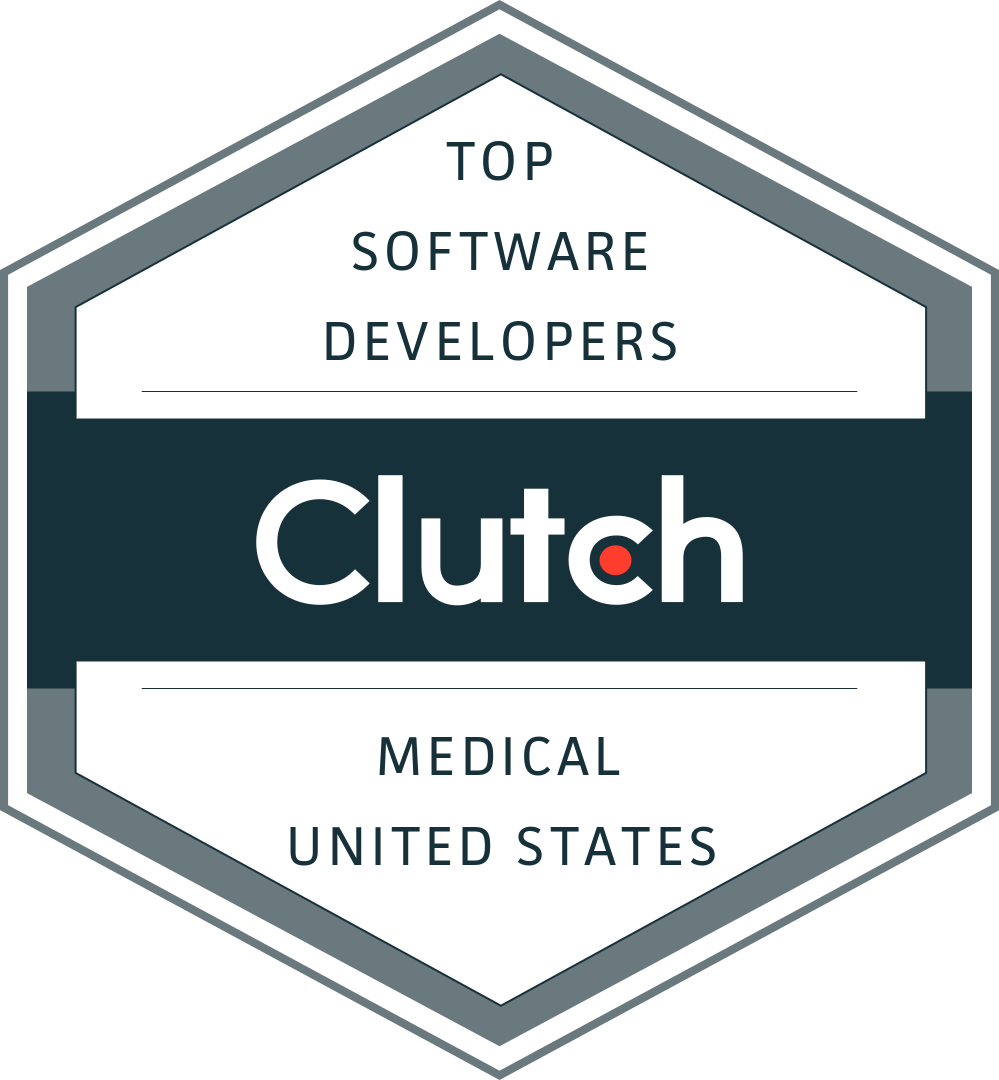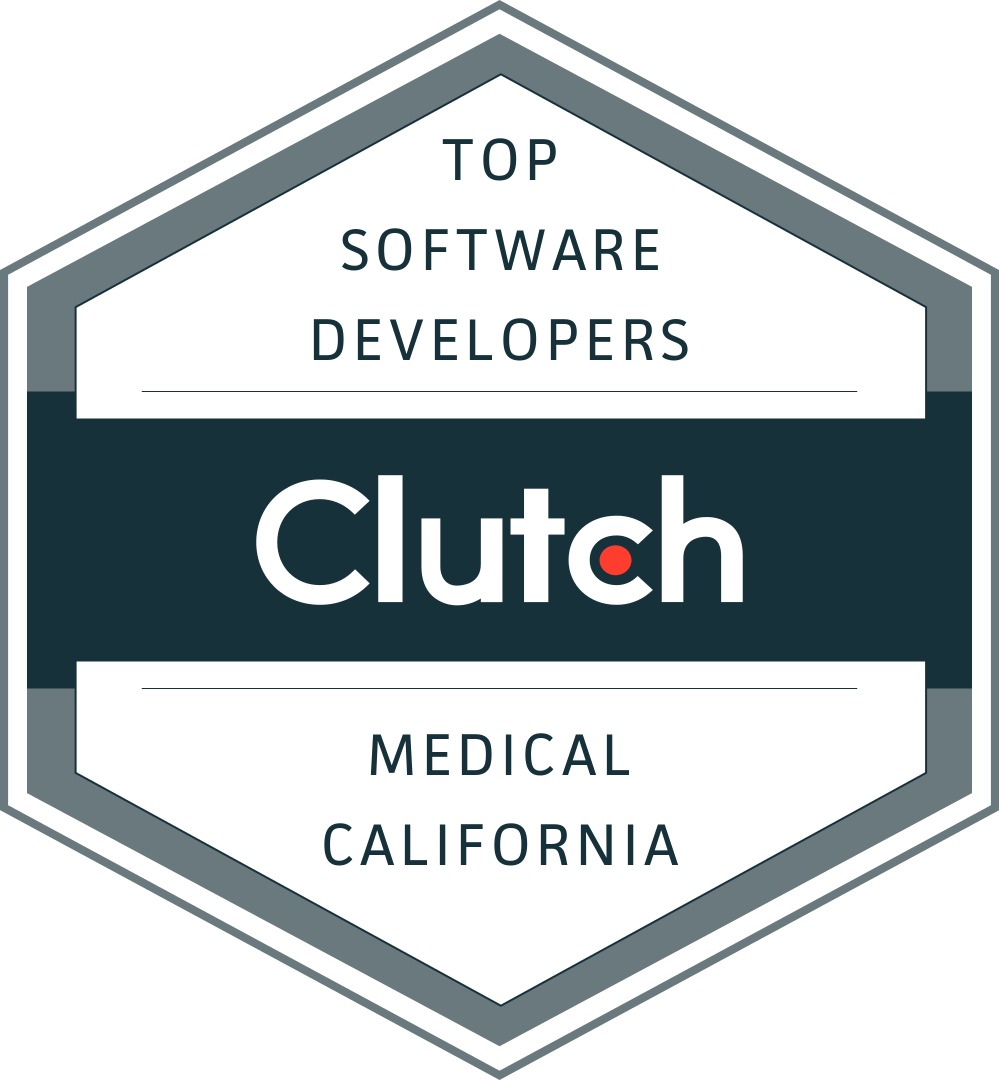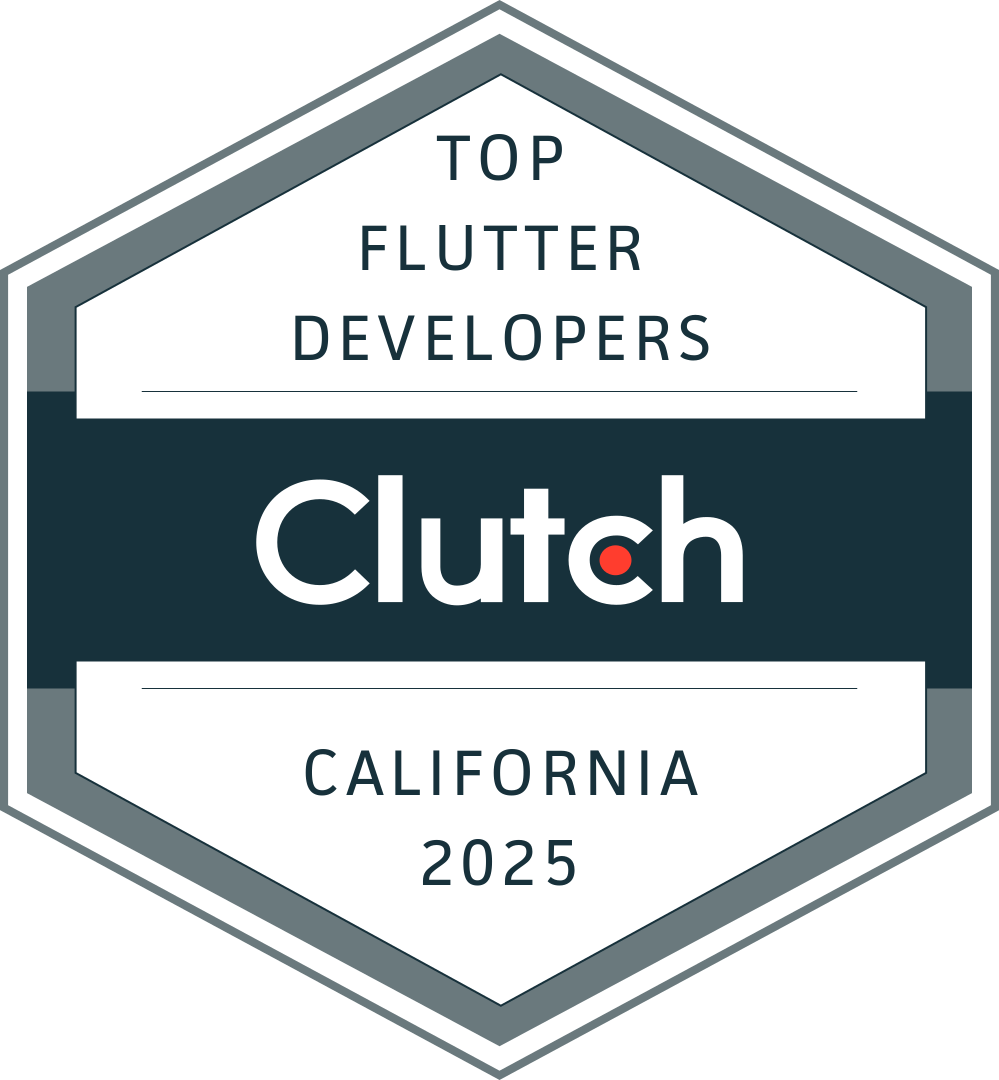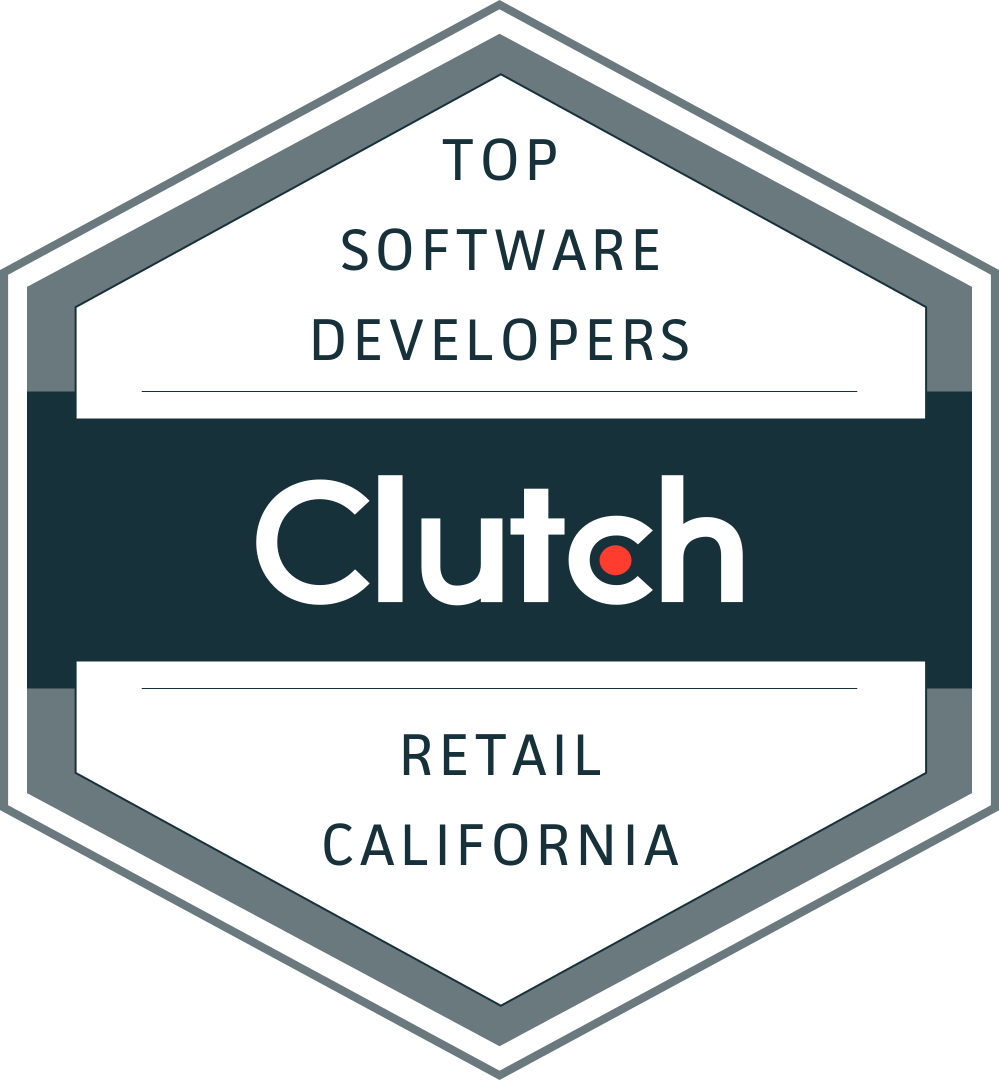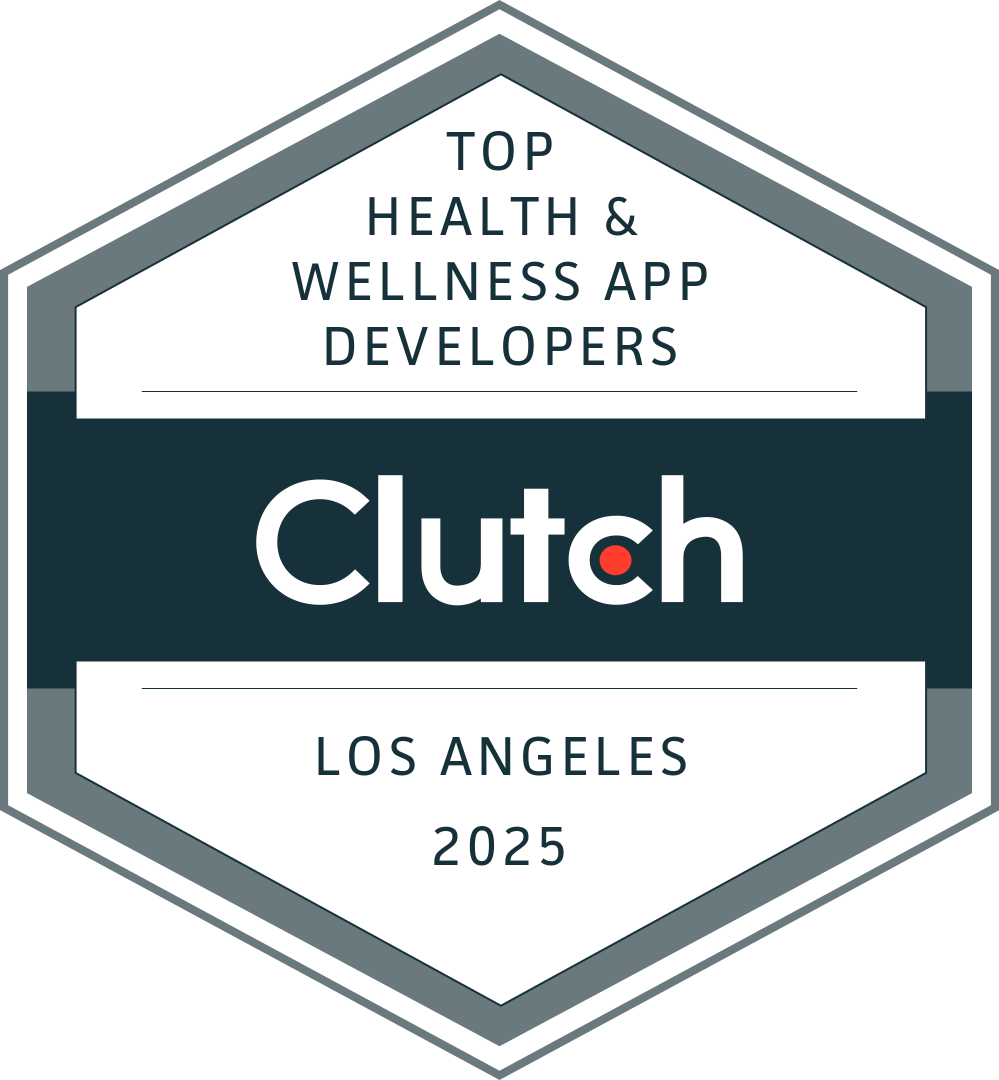Introduction Fast-growing mid-market is under unprecedented pressure to “do something with AI”—but lack impartial assessment, internal expertise, and clear ROI. This urgency is driving decision-makers to seek flexible, healthcare-informed external AI partners over generic SaaS or risky DIY paths. Why MSOs and TPAs Are Feeling the AI Squeeze? Why Black Box AI and SaaS Uplift […]

Introduction
With their complex operational structures, organizations like MSOs, IPAs, MAPD health plans, and TPAs are in a prime position to benefit from Artificial Intelligence (AI). The tech world is moving fast, and to stay in the game, healthcare organizations need to adopt AI quickly but safely. This article is about how healthcare organizations can start using AI, like Chat GPT 4.0 and other solutions, by focusing on lower risk areas that don't need a ton of training or data to get going.
The Power of AI in Healthcare
AI is a game-changer for healthcare, offering solutions that can ramp up efficiency, accuracy, and patient care. From automating admin tasks to answering questions from members or patients, AI can offer valuable insights and make processes smoother. The secret sauce to successful AI implementation often comes down to picking the right initial use cases and taking a measured, step-by-step approach.
Getting Started with AI in Healthcare

So, you're ready to dip your toes into the AI waters? Here's what healthcare organizations need to get started:
1. Clear Strategy
Start by figuring out what you want to achieve with AI. Maybe you want to streamline admin tasks, boost provider engagement, or improve patient outcomes. It's a good idea to start small, perhaps by automating a few tasks or starting with an AI chatbot. As you start seeing positive results and gain more confidence in the tech, we can gradually expand the use of AI in other areas.
2. A Dedicated Team
You'll need a team to oversee the AI implementation, including a software development partner with experience in implementing AI solutions in healthcare. This team will be in charge of managing the project, sorting out any issues that pop up, and making sure the AI solution aligns with the organization's goals.
3. Data/Documents
While AI can require a lot of data, you can start small. Even a few policy and procedure documents can be enough to train an AI system. Over time, as the system gets smarter and improves, you can gradually feed it more data and expand its responsibilities.
4. Regulatory Compliance
Make sure your AI solution adheres to all relevant regulations, especially those related to patient data privacy, like HIPAA and HITRUST standards. This is another area where an experienced partner can be a lifesaver, helping to ensure your organization stays in compliance.
Quick Win and Low-Risk AI Use Cases in Healthcare

1. AI Chatbots for Provider and Member Support
An AI chatbot, trained on your policy and procedure documents, can provide quick and accurate support to both providers and members. For providers, the chatbot could answer straightforward queries about eligibility or referrals, while flagging more complex questions to provider staff. This not only boosts provider satisfaction but also makes admin processes more efficient. For members of a MAPD health plan, the chatbot could answer questions about their coverage or help them find in-network providers. This gives members instant responses to their questions, improving member satisfaction and freeing up staff to focus on more complex tasks..
2. AI and RPA for Smart SMS Appointment Reminders
Leverage AI to supercharge your SMS reminder app, enabling it to answer questions and process responses from clients that go beyond the standard 1-confirm and 2-cancel text responses. It can even interpret responses like "My kid is sick-can’t make it" as a cancellation request. Then, use Robotic Process Automation (RPA) to process these cancellations and confirmations back into your EHR system. This not only streamlines the process but also saves significant time for your customer service team.
3. Blended Human and AI Phone-Based Support
AI can also lend a hand in real-time during member service calls. For example, the AI system can listen in on phone calls, quickly analyze the member's query, and provide the answer to the member services representative. The representative can then relay the answer to the member, ensuring accurate and efficient responses. This "human in the loop" approach has been shown to dramatically decrease call resolution times while providing a superior service experience. As the AI system gets smarter and improves, you can gradually give it more complex scenarios to handle.
The Role of Serious Development
At Serious Development, we're all about helping healthcare organizations navigate the twists and turns of AI adoption. Our team of experts brings the necessary software development and machine learning expertise to the table, creating AI and RPA-powered software solutions that are tailored to your organization's needs. We work with your existing systems and use the data you already have to build solutions that work for you. Plus, we offer a suite of "core" software solutions that can be quickly modified for your operations. This approach enables your health plan, MSO, IPA, or TPA to reach new heights of efficiency in no time.
The Benefits of a Quick and Low-Risk AI Adoption in Healthcare
Adopting AI quickly and in a low-risk manner can bring a ton of benefits. By focusing on immediate impact areas, healthcare organizations can improve your operational efficiency, enhance patient care, and realize massive cost savings. Importantly, the cost of implementing AI is often quicker than many expect, especially when starting small, partnering with an experienced developer, and expanding gradually. This makes AI a cost-effective solution for healthcare organizations looking to innovate and improve their services.
Conclusion
AI holds a ton of potential for healthcare organizations, offering solutions that can transform patient outcomes and operational efficiency. By adopting AI quickly, focusing on low-risk areas, and starting with cost-effective implementations, healthcare organizations can stay competitive and prepare for the future. At Serious Development, we're committed to helping healthcare organizations navigate this journey, providing the expertise and solutions needed to effectively and affordably utilize AI.


